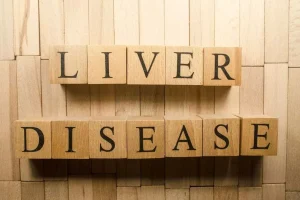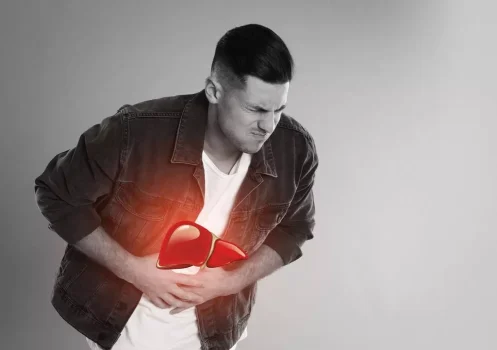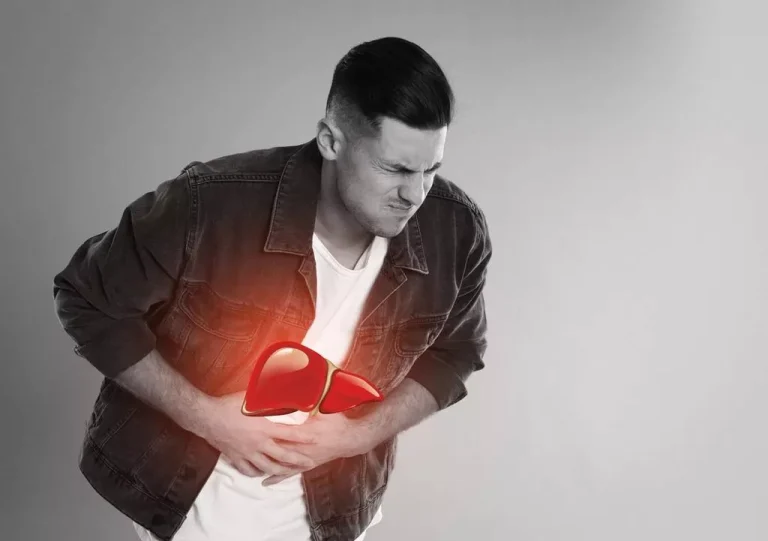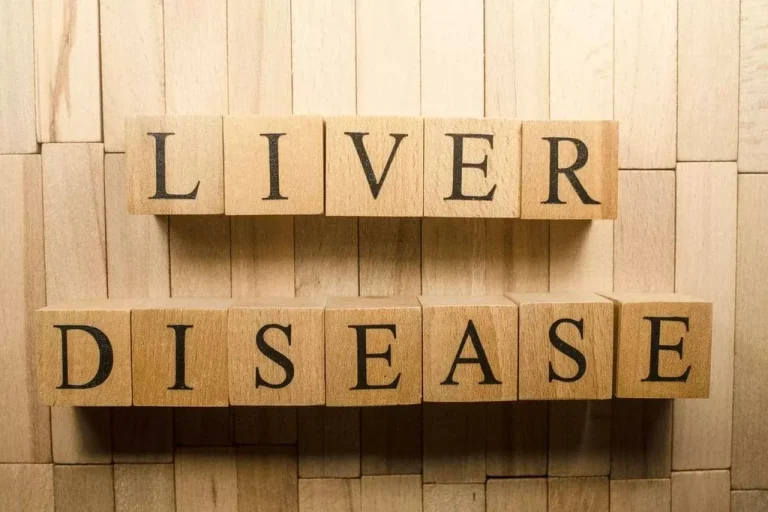
It’s probable that a cocktail such as a vodka and soda is less dehydrating than a straight shot of vodka. If you have a full stomach, it can essentially slow down the absorption of alcohol. Although it’s unknown whether alcohol dehydrates muscle, it still has an effect. Dehydration can affect multiple bodily functions and cause a wide range of symptoms. Your prognosis will be impacted by the severity of your alcohol use and whether or not you have liver disease.
Do Some Drinks Cause Dehydration?
If you are diagnosed with alcoholic ketoacidosis, your recovery will depend on a number of factors. Seeking help as soon as symptoms arise reduces your chances of serious complications. Treatment for alcohol addiction is also necessary to prevent a relapse of alcoholic ketoacidosis. Your doctor may also admit you to the intensive care unit (ICU) if you require ongoing care. The length of your hospital stay depends on the severity of the alcoholic ketoacidosis.

shop your all day essentials
- When drinking alcohol, especially in hot weather, avoiding dehydration is critical.
- When alcohol reaches the pituitary gland, it blocks the creation of vasopressin, which is known as the antidiuretic hormone or the hormone that helps us retain fluid in our body.
- Steatotic liver disease develops in about 90% of people who drink more than 1.5 to 2 ounces of alcohol per day.
- When muscles are dehydrated, they are more susceptible to damage and injury, which can lead to delayed recovery and increased muscle soreness.
- To help beat the heat, you reach in the cooler and fish out an ice-cold beer.
While being hydrated is important, Pfau points out that if you aren’t properly hydrated prior to drinking, your body’s water content is already low, which means you will urinate less than you would otherwise. A vodka with soda is likely more hydrating than just a shot of vodka because you’re consuming more fluids from the soda. “Stronger alcohol might provoke more dehydration, but it truly has not been studied enough to know for sure,” she says, pointing to a 2017 study published in Nutrients.

What Happens to Your Body When You Drink Alcohol Regularly
Not only is staying well-hydrated key to your long-term health, but it can also help you avoid uncomfortable hangover symptoms. Alcohol has long held a prominent place in many societies and cultures. While moderate alcohol consumption may offer some small cardiovascular benefits, the risks of consumption may outweigh these potential benefits. Additionally, drinking excessively has been shown to increase the risk of accidents and injuries.
Heavy drinking can also lead to a host of health concerns, like brain damage, heart disease, cirrhosis of the liver and even certain kinds of cancer. Over time, mass mineral and electrolyte deficiencies can lead to rapid dehydration when alcohol enters the picture. The industrialization of farming and food sourcing has brought a lot of benefits to our world.
What to Do If You Are Dehydrated

However, certain people, such as those who are pregnant, take medications that interact with alcohol, or have a history of addiction, are advised to abstain from alcohol consumption. To minimize the potential health risks of alcohol, the National Institutes of Health recommends either abstaining from alcohol entirely or drinking in moderation. From clinking glasses for a toast to unwinding with friends after a long day, alcohol has played a central role in shaping traditions and celebrations for centuries.
- This is because alcohol suppresses the release of an antidiuretic hormone (ADH) that normally helps your body retain water.
- Understanding how consuming alcohol leads to increased urination requires an understanding of ADH.
- The process is called diuresis, which on its own causes dehydration 1.
- Under normal conditions, the kidneys require solute to excrete free water.
Avoid alcohol on hot days
Below is a list of drink types that fall within these categories. If you don’t feel better from drinking plain water, try adding an electrolyte mix to water or drinking a low-sugar sports drink that contains electrolytes. While the amount of alcohol you consume drinking alcohol and dehydration is the main determinant of how dehydrated you’ll eventually become, you’re better off starting a drinking session well hydrated as opposed to already dehydrated. When you lose too much water without properly replacing it, you become dehydrated.
While it’s well known that drinking too much alcohol can lead to a hangover, even moderate alcohol consumption can lead to dehydration and electrolyte imbalance. Participants reported to the School of Sport and Exercise Sciences, Human Performance Laboratory at the University of Birmingham on two occasions prior to testing. Trials ran from Tuesdays to Fridays during the months of February to December. On their second visit, participants returned their completed diet diary and baseline body weight was recorded. Each participant completed two treatments each lasting four consecutive days.
Does Alcohol Dehydrate You? Understanding The Health Risks

Using electrolytes while drinking alcohol may be especially beneficial for individuals with high blood pressure and other cardiovascular issues. Exercise causes fluid loss, and combining it with alcohol increases the risk of dehydration, which is detrimental to muscle tissue and can slow down recovery. Research published in Psychopharmacology found that alcohol suppresses the release of vasopressin, an antidiuretic hormone that regulates kidney function and urine production.
Energy
- As the liver breaks down the alcohol, it is converted into a substance called acetaldehyde, which can be toxic in high doses.
- Alcohol restricts blood vessel dilation and increases heart rate, which explains why drinking can cause arrhythmia and elevated blood pressure.
- It can also weaken immunity, increasing a person’s risk of infections.
- “When we talk about hydration, it’s really important to drink water or other nonalcoholic liquids, as alcohol can actually exacerbate dehydration.
- Ways that your standard hangover cures won’t even begin to touch.
Dehydration can reduce muscle endurance and performance, making it more challenging to sustain physical activity for an extended period. This is because dehydration leads to a reduction in blood flow to muscles, limiting the delivery of oxygen and nutrients needed for muscle function. But just because a drink has a lower ABV (alcohol by volume), it doesn’t mean you have carte blanche to pound beers all night. Thirst, lightheadedness, and dark urine are three signs of dehydration, but there are many others to watch out for. While the liquid component of many drinks, and even certain foods, can help hydrate the body, quite a few liquids can have the opposite effect.

